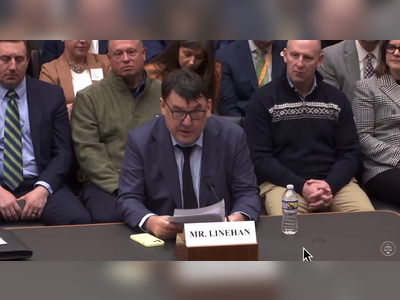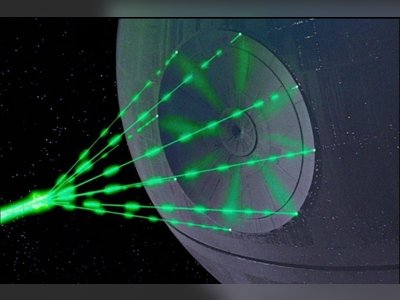Potential Cancer Vaccine Breakthrough Announced by Major Pharmaceutical Manufacturer
One of the most feared and discussed diseases of our time is cancer. Encouraging news has emerged from a leading pharmaceutical company, suggesting a potentially significant advance in the fight against this dreaded disease Borsonline.hu reports.
Cancer is an insidious illness that can manifest virtually anywhere in the body and does not discriminate by age, affecting young children, pregnant women, and the young adults alike.
Despite the aggressive treatments available, early detection remains one of the strongest weapons in the battle against cancer. The search for a cure has been ongoing, and it was just last year, on World Cancer Day, February 4th, that Hungarian doctor, Dr. András Kulja, talked about the challenges researchers face when seeking a miracle cure against cancer.
Dr. Kulja explained that there are hundreds of subtypes of tumors, making it virtually impossible to find one medication that would be effective against all of them. He pointed out the complexity of finding a substance that could act on many genetically different tumors without destroying our healthy cells.
New Miracle Cancer Drug on the Horizon?
However, the difficulties that Dr. Kulja referred to may become challenges of the past in a few years or perhaps decades. Moderna, the biotechnology company, has reported significant progress with an mRNA-based cancer vaccine.
The first patient, an 81-year-old man suffering from untreatable skin cancer, has just received the experimental shots. The essence of the technology involves introducing a substance into the body that mimics cancer cells, thereby training the immune system to successfully conquer them.
The mRNA technology played a significant role in the vaccines against COVID-19, and there was already speculation that this method could likely be applied to combat cancer as well.
"We are extremely excited about the early results and hope that this will mark the beginning of a new era in cancer treatment," said Dr. Kyle Holent, a researcher at Moderna, as quoted by The Sun.
If the treatment is deemed safe, a comprehensive three-year trial phase could soon begin, during which thousands of cancer patients might be vaccinated with the experimental drug. Experts plan to first use the vaccine against skin and lung cancer, but they hope it could be expanded to other types of cancer if proven effective.
Despite the aggressive treatments available, early detection remains one of the strongest weapons in the battle against cancer. The search for a cure has been ongoing, and it was just last year, on World Cancer Day, February 4th, that Hungarian doctor, Dr. András Kulja, talked about the challenges researchers face when seeking a miracle cure against cancer.
Dr. Kulja explained that there are hundreds of subtypes of tumors, making it virtually impossible to find one medication that would be effective against all of them. He pointed out the complexity of finding a substance that could act on many genetically different tumors without destroying our healthy cells.
New Miracle Cancer Drug on the Horizon?
However, the difficulties that Dr. Kulja referred to may become challenges of the past in a few years or perhaps decades. Moderna, the biotechnology company, has reported significant progress with an mRNA-based cancer vaccine.
The first patient, an 81-year-old man suffering from untreatable skin cancer, has just received the experimental shots. The essence of the technology involves introducing a substance into the body that mimics cancer cells, thereby training the immune system to successfully conquer them.
The mRNA technology played a significant role in the vaccines against COVID-19, and there was already speculation that this method could likely be applied to combat cancer as well.
"We are extremely excited about the early results and hope that this will mark the beginning of a new era in cancer treatment," said Dr. Kyle Holent, a researcher at Moderna, as quoted by The Sun.
If the treatment is deemed safe, a comprehensive three-year trial phase could soon begin, during which thousands of cancer patients might be vaccinated with the experimental drug. Experts plan to first use the vaccine against skin and lung cancer, but they hope it could be expanded to other types of cancer if proven effective.
AI Disclaimer: An advanced artificial intelligence (AI) system generated the content of this page on its own. This innovative technology conducts extensive research from a variety of reliable sources, performs rigorous fact-checking and verification, cleans up and balances biased or manipulated content, and presents a minimal factual summary that is just enough yet essential for you to function as an informed and educated citizen. Please keep in mind, however, that this system is an evolving technology, and as a result, the article may contain accidental inaccuracies or errors. We urge you to help us improve our site by reporting any inaccuracies you find using the "Contact Us" link at the bottom of this page. Your helpful feedback helps us improve our system and deliver more precise content. When you find an article of interest here, please look for the full and extensive coverage of this topic in traditional news sources, as they are written by professional journalists that we try to support, not replace. We appreciate your understanding and assistance.

















